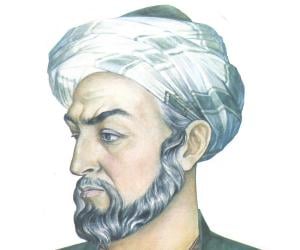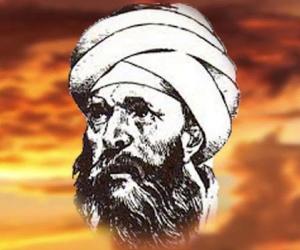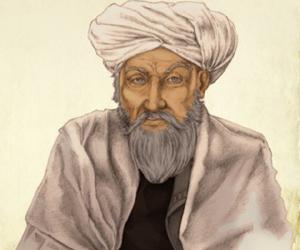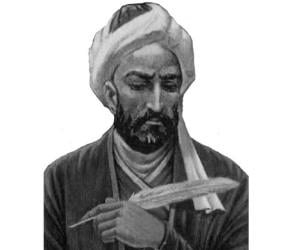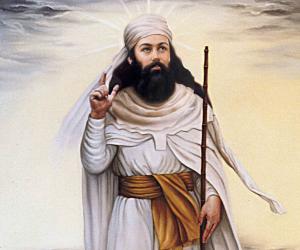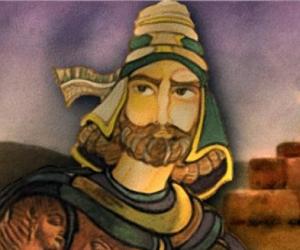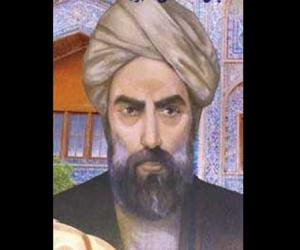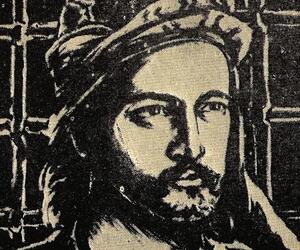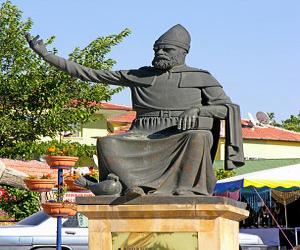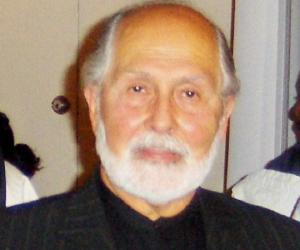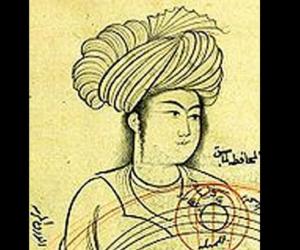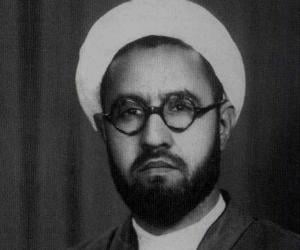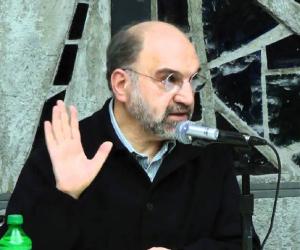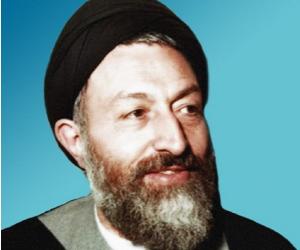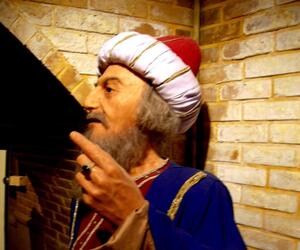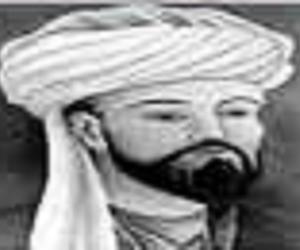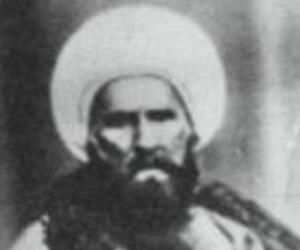1
Avicenna
(Persian polymath the most significant physiciansand writers of the Islamic Golden Age, and the father of early modern medicine.)
Birthdate: 0980 AD
Birthplace: Afshona, Uzbekistan
Died: May 31, 1037
Avicenna, a prominent philosopher and physician of the Muslim world, served in the courts of various Iranian rulers during the Islamic Golden Age. He is hailed as the father of early modern medicine, with his influential works, The Book of Healing and The Canon of Medicine, becoming standard texts at medieval universities. Avicenna's extensive corpus encompassed diverse subjects such as astronomy, alchemy, geography, and poetry, with a significant portion of his works written in Arabic and Persian. Of the 450 believed works, around 240 have survived, covering philosophy and medicine extensively.
